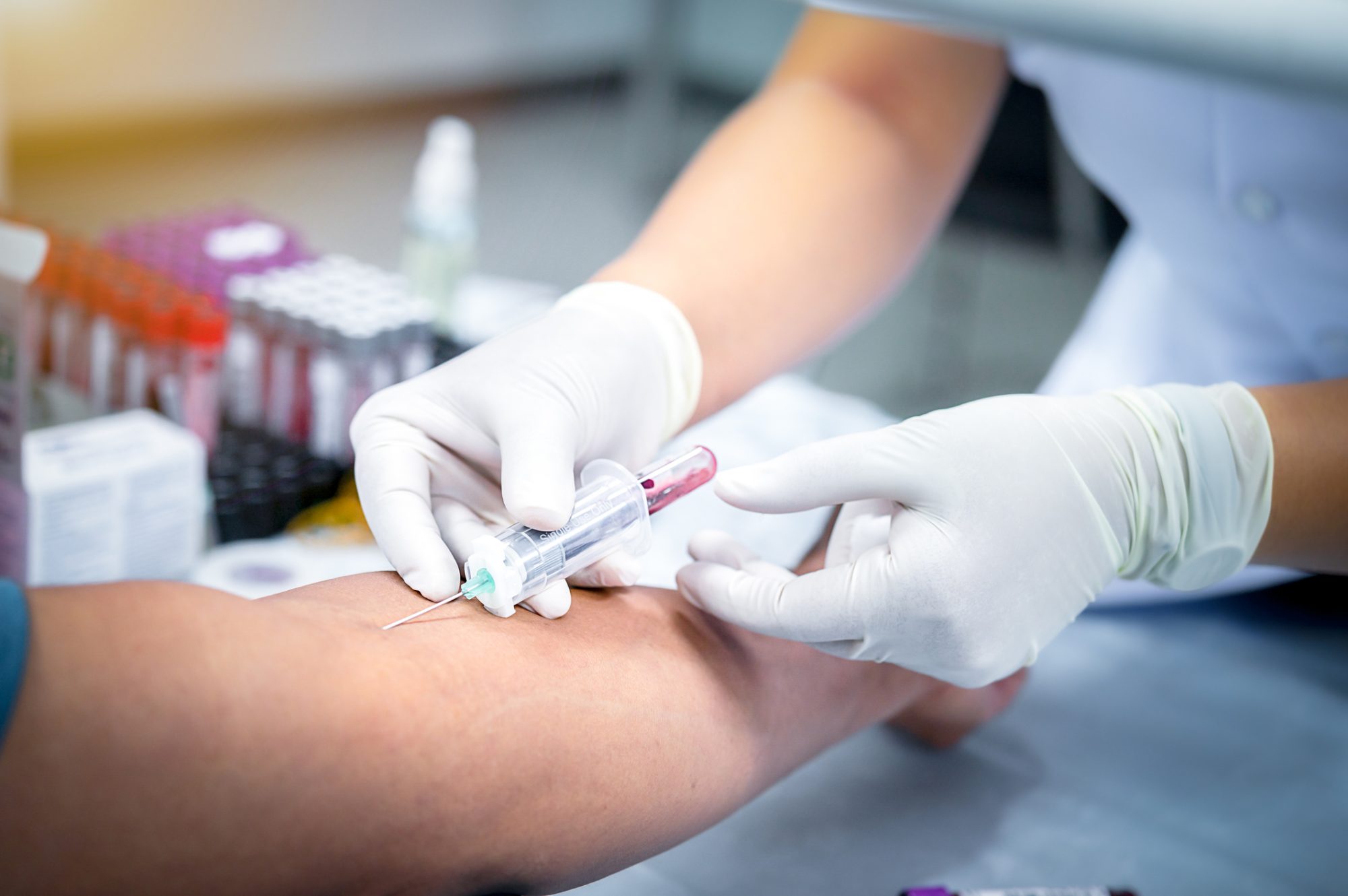Researchers have developed a highly accurate blood test for ovarian cancer, capable of detecting the disease earlier than current methods
A collaborative team from the Universities of Manchester and Colorado, in partnership with diagnostics company AOA Dx, has pioneered a blood test that detects ovarian cancer in symptomatic women with high accuracy. This groundbreaking work, published in the American Association of Cancer Research (AACR) journal Cancer Research Communications, assessed novel technology that analysed multiple groups of biological markers from a single blood sample.
A new blood test outperformed traditional biomarker tests
The blood test combined two different sets of blood markers, proteins, and lipids with machine learning technology, to identify the presence of ovarian cancer in women who present vague abdominal/pelvic symptoms.
The researchers analysed samples from the University of Colorado and found the test exhibited an accuracy of 93% across all stages of ovarian cancer and 91% for early-stage disease. In samples from Manchester, the blood test performed strongly, with an accuracy of 92% for all stages of ovarian cancer and 88% for early-stage disease.
The AOA’s test outperformed single blood-based markers, which have been used for the past 30 years; many of these achieved accuracies of less than 90%. The results of the study will inform the final design of the test, which could be produced for healthcare systems globally.
“Our platform detects ovarian cancer at early stages and with greater accuracy than current tools,” said Alex Fisher, COO and Co-Founder of AOA Dx. “These findings show its potential to aid clinicians in making faster, more informed decisions for women who need urgent clarity during a challenging diagnostic process.”
“By using machine learning to combine multiple biomarker types, we’ve developed a diagnostic tool that detects ovarian cancer across the molecular complexity of the disease in sub-types and stages,” said Dr. Abigail McElhinny, Chief Science Officer of AOA Dx. “This platform offers a great opportunity to improve the early diagnosis of ovarian cancer, potentially resulting in better patient outcomes and lower costs to the healthcare system.”
Improving care for ovarian cancer
Ovarian cancer is a leading cause of death in women, largely due to its late-stage diagnosis. Over 90% of women experience symptoms in Stage I, yet only 20% of cases are diagnosed in Stage I or II, as symptoms like bloating, abdominal pain, and digestive issues often resemble benign conditions.
The availability of an accurate early detection test for women could potentially revolutionise the way we approach ovarian cancer, offering a ray of hope in the fight against this disease.
Professor Emma Crosbie, Professor at The University of Manchester and Honorary Consultant in Gynecological Oncology, Manchester University NHS Foundation Trust (MFT), said: “AOA Dx’s platform shows significant promise for ovarian cancer early detection, offering a practical solution for symptomatic women.”
Professor Crosbie is also the National Institute for Health and Care Research (NIHR) Manchester Biomedical Research Centre (BRC) Cancer Prevention and Early Detection Co-Theme Lead.
Professor Crosbie added, “AOA Dx’s platform has the potential to significantly improve patient care and outcomes for women diagnosed with ovarian cancer. This promising development instills confidence in our ability to provide better care for those affected by this disease. We are eager to continue advancing this necessary research through additional prospective trials to validate further and expand our understanding.”
